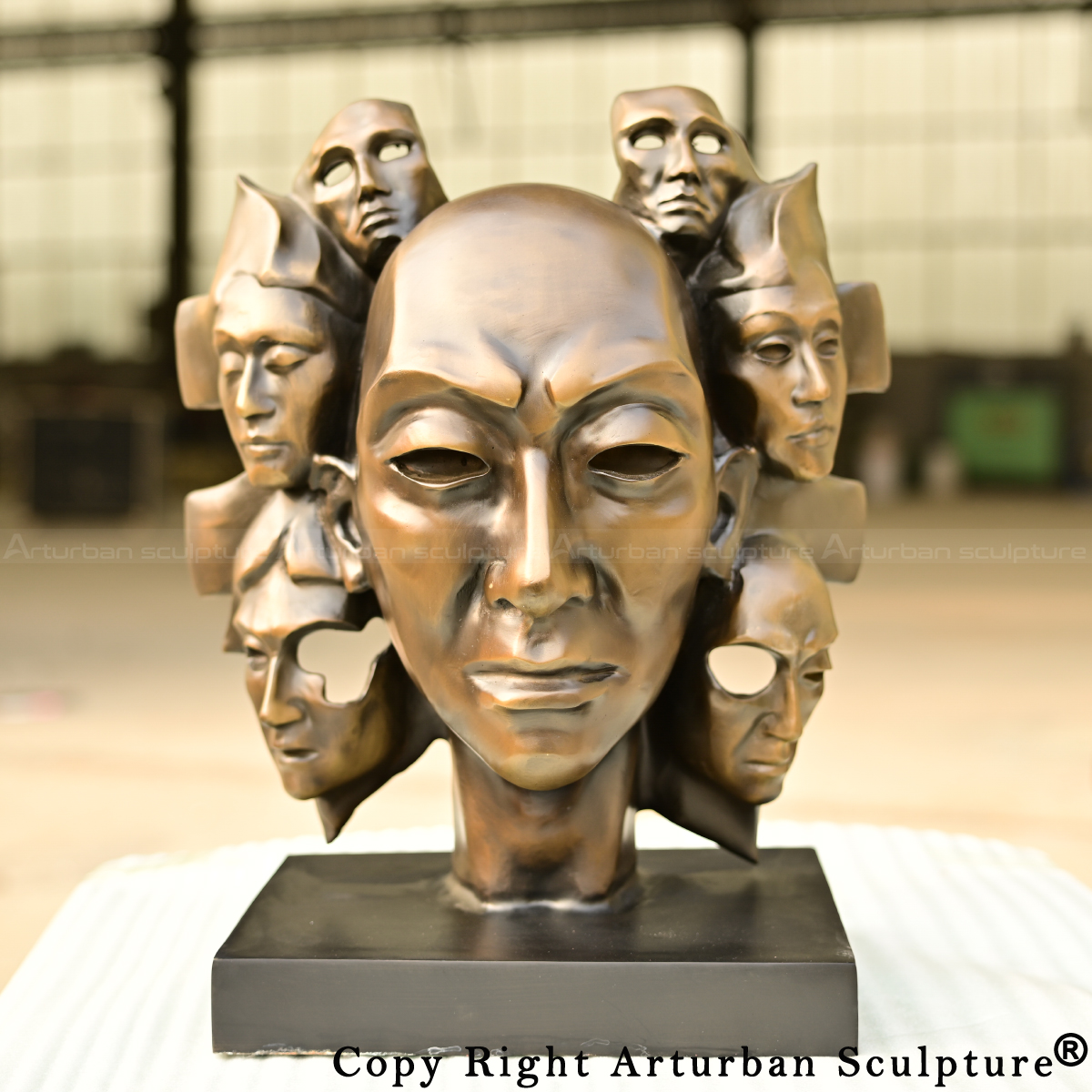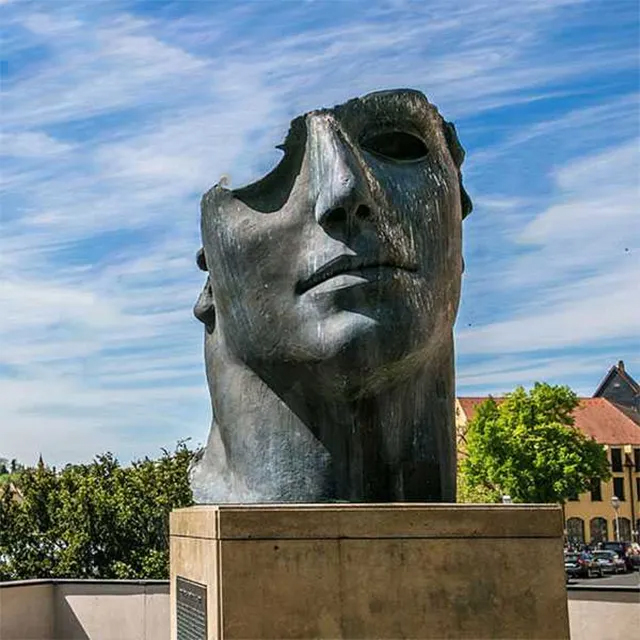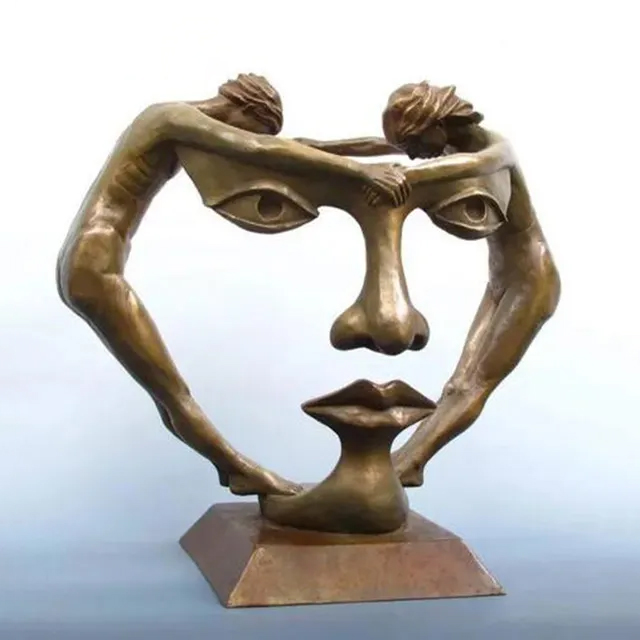views
Abstract Faces in Art
In the history of human art, "face" has always been one of the most symbolic themes. It is not only a symbol of identity, but also a mirror of emotions and soul. With the rise of modernism and abstractionism in the 20th century, artists gradually moved from the "reproduction" of traditional portraits to "expression", giving birth to the fascinating abstract face art (Abstract Faces in Art).
Abstraction of face: from perception to deconstruction
Abstract face art no longer focuses on the precise proportions of facial features, but attempts to capture the psychological state, internal contradictions and social identity instability of the characters through deconstruction, distortion, separation and reorganization. This artistic expression method transforms "seeing" into "feeling", allowing the audience to withdraw from the specific image and enter a more symbolic and philosophical world.
For example, abstract paintings often present faces with irregular contours, incoherent perspectives or strong color contrasts. This treatment method not only challenges the audience's visual habits, but also reflects the complex experience of modern people with "self-identity".
Abstract human faces in sculptural language
Compared to paintings, abstract human faces in sculptures have more spatial tension and texture impact. Artists use different materials (such as bronze, marble, stainless steel, resin, etc.) to construct the volume, vacancies and cracks of the face, and conduct a profound philosophical discussion between the entity and the void.
In this field, the Polish-French artist Igor Mitoraj is one of the most iconic figures. His works often show the incompleteness of classical faces - broken jaws, closed eyes, and wrapped bandages, creating a mysterious atmosphere beyond time. His sculptures do not record the face itself, but evoke the viewer's perception of history, fate and lost civilization.
In contrast, Michael Alfano prefers to use abstract faces as an outlet for the intersection of philosophy and reality. His works combine facial, language and symbolic elements, making each face statue not only a sculpture, but more like a "model of thought". Alfano is good at visualizing complex concepts, such as self-cognition, moral conflicts or social pressure, and visualizes them through the medium of abstract faces.
🎭 face statue: the connection between art and public space
Today, abstract face sculptures have become the core elements of many public art installations around the world. From city squares to modern museums, from private courtyards to cultural centers, face statues not only exist as objects of appreciation, but also bear the function of triggering thinking and emotional resonance.
They blur the boundaries between "portraits" and "totems", allowing the audience to ponder the connection between self, group and the world when gazing at the strange yet familiar abstract face.
Summary: Face is the entrance to our identity
Abstract face art is not a means of escaping reality, but a channel to reveal the deep structure of reality. Behind that blurred, deconstructed, and reconstructed face is the artist's questioning of human emotions, social identity, historical memory and even the essence of the soul.
It is this power to penetrate the surface and reach the core that makes Abstract Faces in Art one of the most vital expressions in modern and contemporary art. In the field of sculpture, works in the form of face statues, with their solid materials and profound conception, together write the never-ending dialogue between art and the human soul.






Comments
0 comment